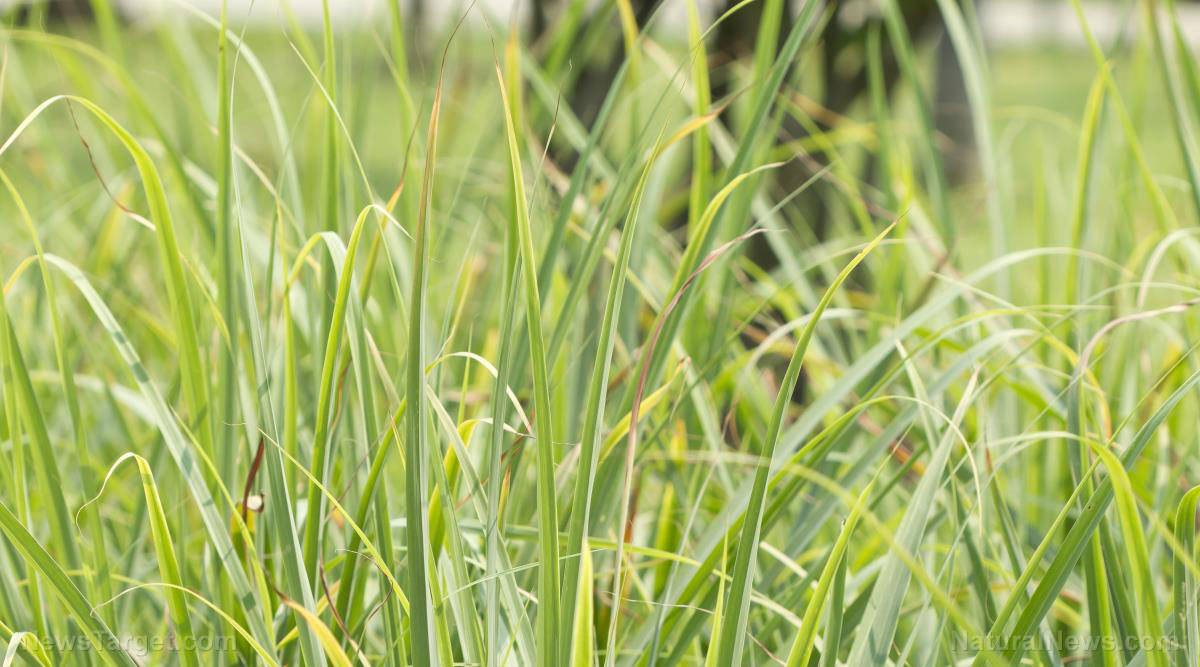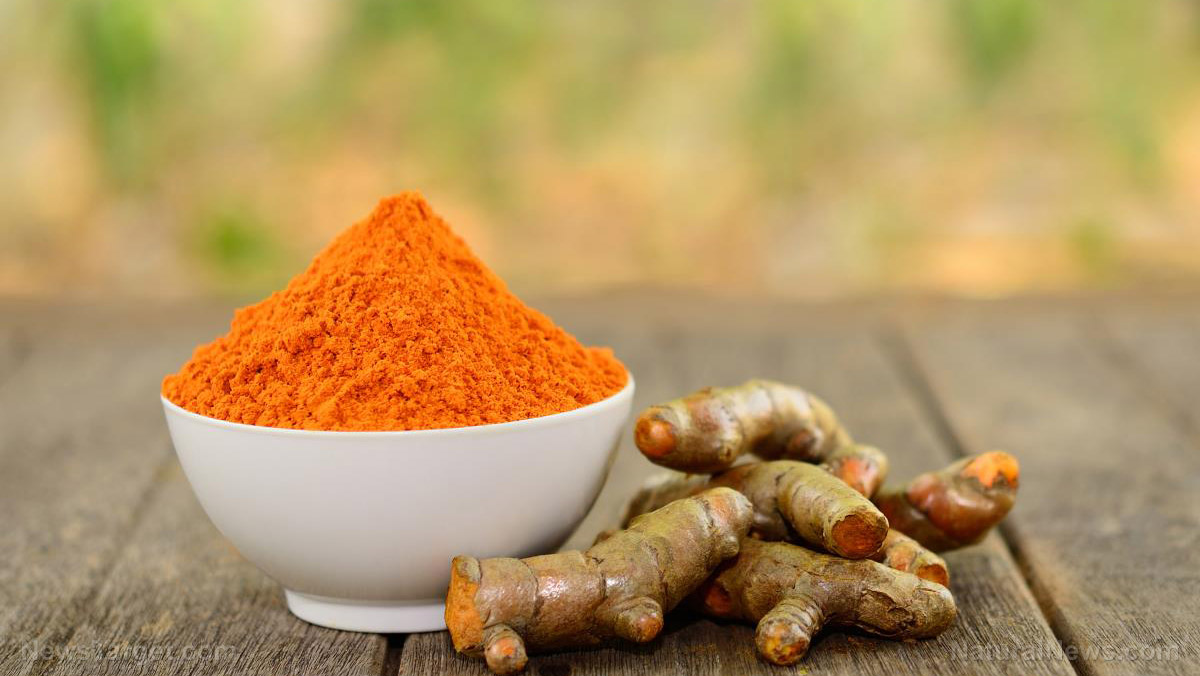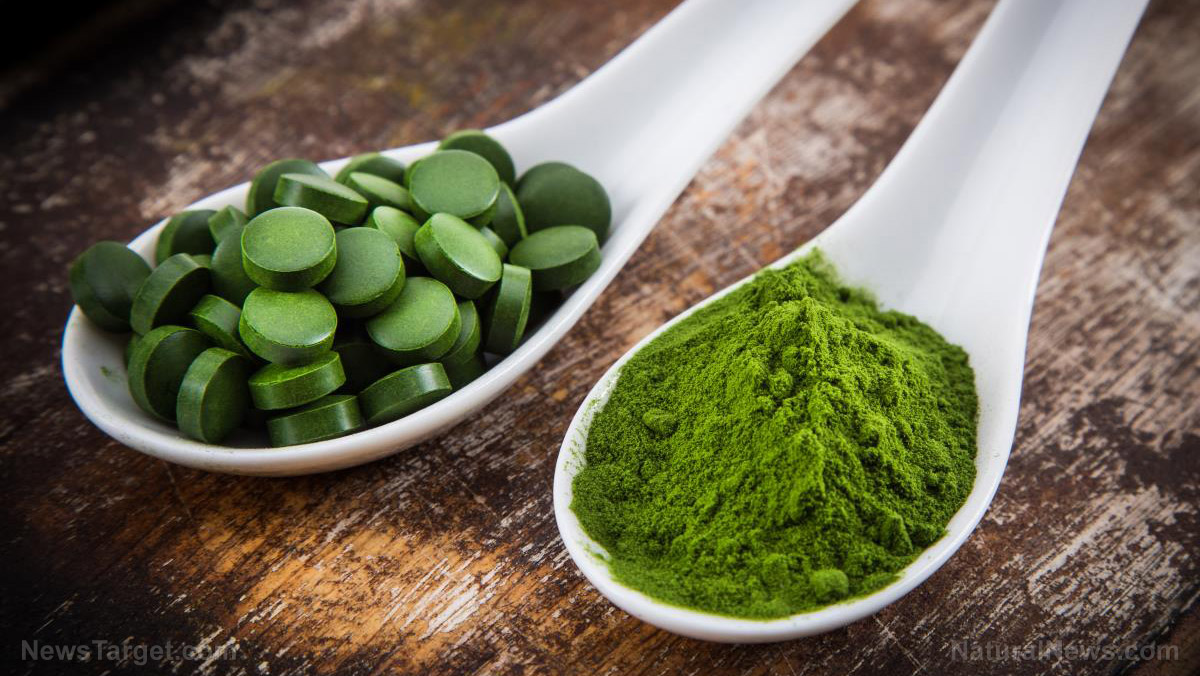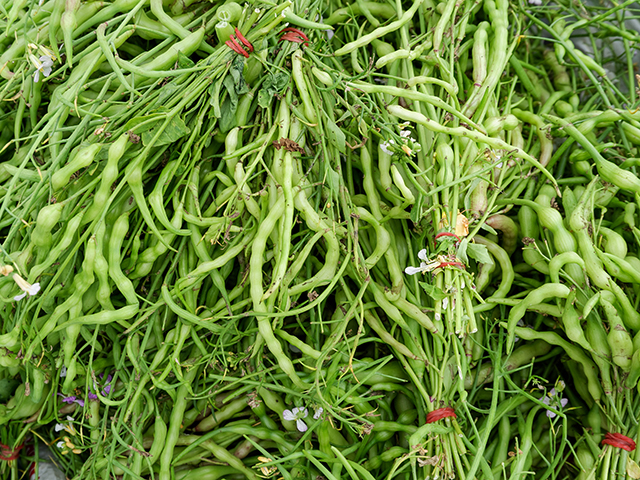The powerful neuroprotective properties of curcumin revealed in science study: Stunning 30 percent improvement in memory
06/28/2018 / By Isabelle Z.
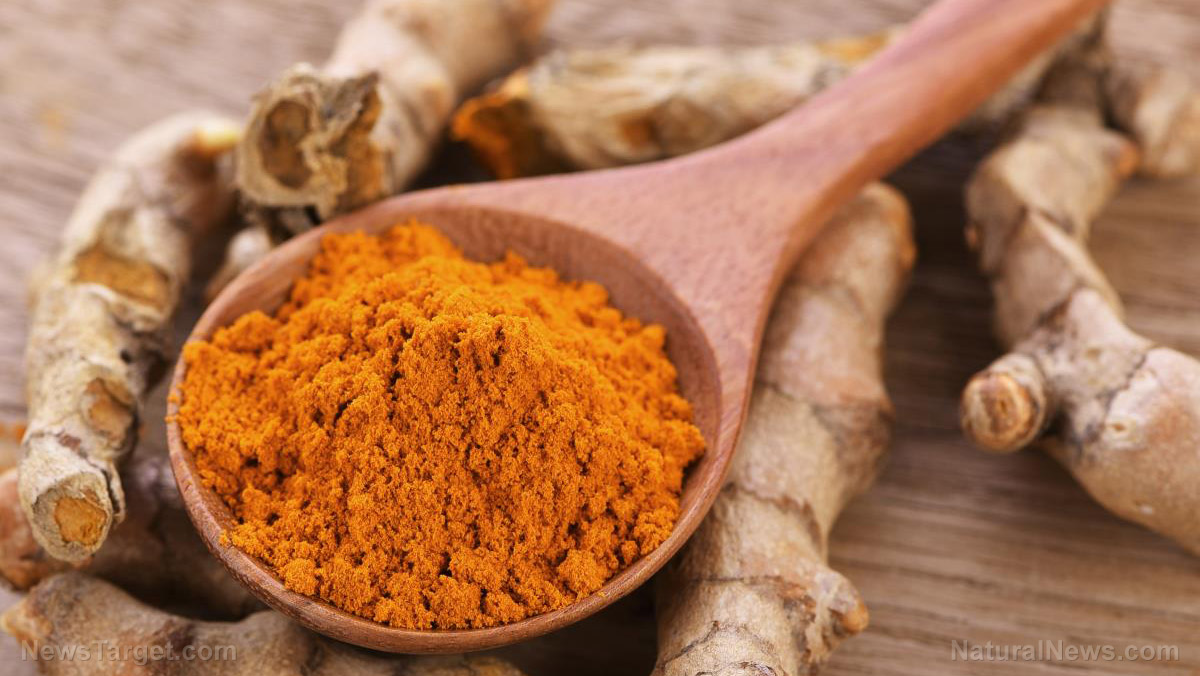
Turmeric is often touted for its anti-inflammatory properties, but it has another superpower that gets a lot less attention: it’s a potent neuroprotector.
This spice’s main active ingredient is curcumin, which gives it its cheerful yellow-orange hue. Researchers from the University of California – Los Angeles (UCLA) have now shown that curcumin supplementation can boost memory performance after looking at 40 people between the ages of 50 and 90 with normal brains and mild memory complaints. The participants were randomly assigned to a placebo group or a control that took 90 milligrams a day of curcumin twice a day over the course of year and a half. Researchers measured everyone’s curcumin levels in their blood at the trial’s inception and conclusion. They also gave the subjects cognitive tests before the study, upon its completion, and every six months throughout its duration.
After analyzing the data, they found that those who took daily curcumin had a 30 percent improvement in memory tests. Moreover, PET scans of their brains showed they had improved signaling in the areas responsible for emotional functions and memory, the hypothalamus and the amygdala. They also noted mild improvements in their mood and significant attention span improvements. These benefits weren’t seen among those in the placebo group.
Their research was published in the American Journal of Geriatric Psychiatry.
The researchers believe that these effects could stem from curcumin’s ability to reduce inflammation in the brain, which is linked to Alzheimer’s and depression. In India, where turmeric is considered a dietary staple, senior citizens have better cognitive performance in general and a lower prevalence of Alzheimer’s.
Some people reported mild side effects like nausea and abdominal pain, but this was true of both groups, with just four in the curcumin group and two taking placebos experiencing such problems. Therefore, it’s still a relatively safe way to get useful cognitive benefits. Next, studies are planned to look into whether curcumin could help people who have mild depressive disorders. The researchers would also like to explore whether factors like a person’s age, whether or not they have genes related to Alzheimer’s, and the severity of their cognitive problems impacts curcumin’s effects on memory and mood.
The best way to get more curcumin
If possible, try to get it from the fresh root or ground spice. Its flavor is very easy to disguise in stews, sauces, marinades, salad dressings, and other dishes, or you can make it the star of the dish and create a healthy Indian-inspired meal with complementary flavors. Turmeric is found in curry, but for cooking, use the fresh herb rather than a curry blend so you can ensure you’re getting enough of it as the amount of curcumin in curry powder is quite variable.
Some people enjoy drinking it in a glass of warm milk. Called “golden milk,” it’s a soothing way to get your daily dose of turmeric. Just don’t forget to sprinkle a bit of black pepper on top so you can be sure your body is able to make good use of the turmeric you drink.
If you haven’t already started trying to work more curcumin into your diet, now is the time. More and more studies are showing just how good it is for your health, and it’s very affordable and easy to incorporate into your food.
Read Turmeric.news for a massive compilation of news about turmeric and curcumin.
Sources for this article include:
Tagged Under: Alzheimer's, brain function, curcumin, depression, good food, Herbs, mental health, mind body science, mood, natural medicine, natural remedies, nutrients, Spices, supplements, turmeric



